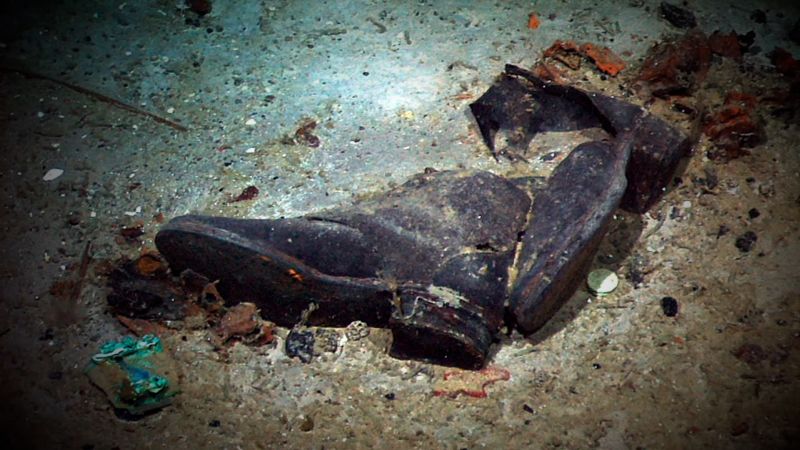A federal judge on Thursday picked a semiretired judge from New York to serve as an arbiter over the trove of documents seized from Donald Trump’s Mar-a-Lago estate, and rejected a plea from the Justice Department that she lift barriers to the government’s criminal probe into the former president.
In a 10-page order, Judge Aileen Cannon appointed Raymond Dearie as the special master tasked with examining the more than 10,000 items seized by agents on Aug. 8 at Trump’s Palm Beach, Fla., home.
:quality(70)/cloudfront-us-east-1.images.arcpublishing.com/tronc/IA7WZ5X4LVCA3IISPXU4ZGMCQI.jpg)
The Justice Department had offered support for the selection of Dearie, 78, a widely respected, low-key judge from Brooklyn Federal Court who was suggested by Trump’s lawyers as a potential special master.
But prosecutors also asked in a filing last week that Cannon tweak her Sept. 5 ruling granting Trump’s bid for a special master: They urged her to temporarily void sections of her decision that prevent the use of classified documents in the criminal probe, along with measures that require those documents be disclosed to the special master.
The Justice Department wrote that Cannon’s initial special master decision threatened “immediate and serious harms to the government and the public.”
Cannon responded in her Thursday filing that she was “not persuaded” that the government would suffer irreparable harm without the requested tweaks.
Her ruling set the stage for the Justice Department to take its case to an appeals court. The department had said it would if Cannon declined the request.
:quality(70)/cloudfront-us-east-1.images.arcpublishing.com/tronc/4E6CBKZR4ZHP5CFOMPJKBPSPFA.jpg)
At Mar-a-Lago, FBI agents unearthed 18 top secret documents, dozens more secret documents and 48 empty folders marked as “classified,” according to an inventory unsealed in the U.S. District Court for the Southern District of Florida.
Cannon has allowed the government to continue to use the materials for intelligence classification and national security purposes.
She wrote in her new order that she would urge Dearie to prioritize review of roughly 100 seized documents marked as classified and “thereafter consider prompt adjustments” to her order as necessary.
Cannon, a 41-year-old who was appointed to the federal bench by Trump in 2020, signaled in her Thursday filing that she has followed news coverage of the high-wattage case.
She wrote that the government had not identified a clear emergency stemming from Trump’s hoarding of the documents, and added that the “unwarranted disclosures that float in the background have been leaks to the media after the underlying seizure.”
The Washington Post reported Sept. 6 that a document describing another nation’s nuclear defenses was unearthed at Trump’s estate.
Cannon also offered a rebuttal to a view aired extensively in news coverage since her initial decision — that her choice to place Trump on a pedestal as a former president undermined basic principles of equality before the law.
Her Sept. 5 order — which cited the potential “reputational harm” Trump would incur if indicted — defied a preponderance of precedent pointing against judicial interference in ongoing criminal probes.
But Cannon said in her Thursday ruling that “the principles of equity require the Court to consider the specific context at issue, and that consideration is inherently impacted by the position formerly held” by Trump.
Cannon set a Nov. 30 deadline for Dearie to finish his work as special master, but allowed for potential modification to the timeline if requested. Dearie signed on for the job in a two-page court filing.
The Justice Department is all but certain to bring its case to the Court of Appeals for the 11th Circuit in Atlanta. Six of the 11 judges on the court are, like Cannon, appointees of Trump.






:quality(70)/cloudfront-us-east-1.images.arcpublishing.com/tronc/IA7WZ5X4LVCA3IISPXU4ZGMCQI.jpg)
More News
Woman shot at Bronx club after snubbing man who asked for a dance
Manhattan congestion pricing to begin June 30: MTA
NYC Parks Dept. employee busted driving ‘ghost car’ through Staten Island